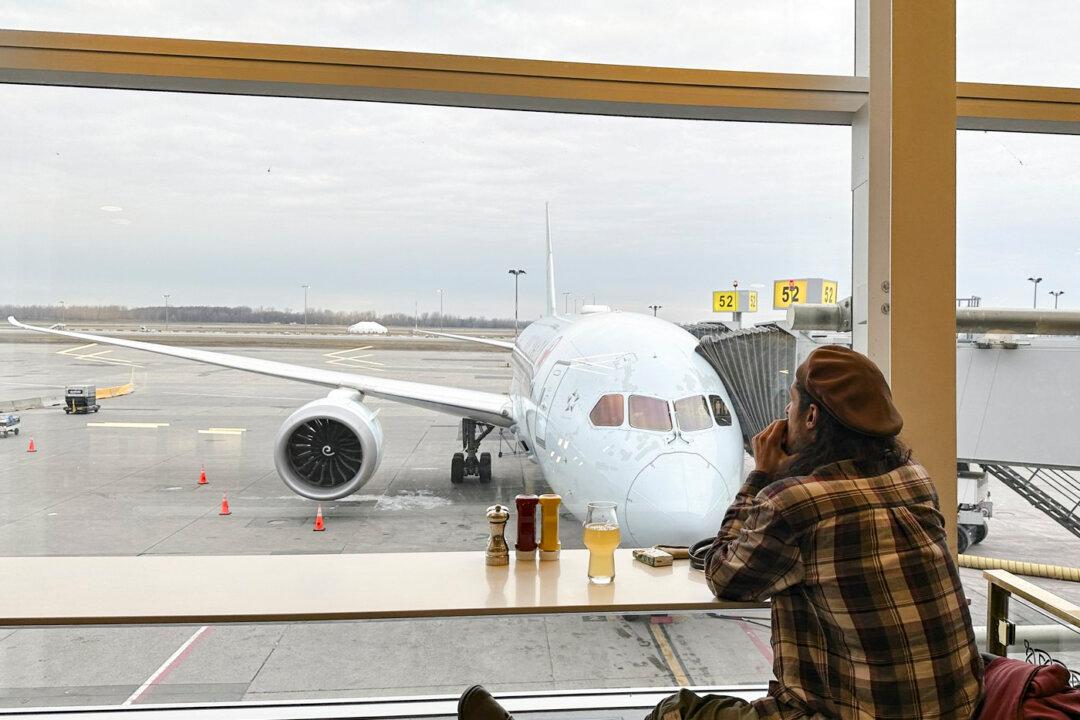The ratio of pilots deemed medically unfit to fly has dropped sharply since 2021, and Transport Canada says it’s “closely monitoring” the possible causes.
Just 0.29 percent of the over 52,000 pilots medically screened last year were deemed unfit to fly compared with 1.09 percent of the approximately 45,500 pilots screened in 2019, before the pandemic lockdowns, according to data tabled in the House of Commons.





